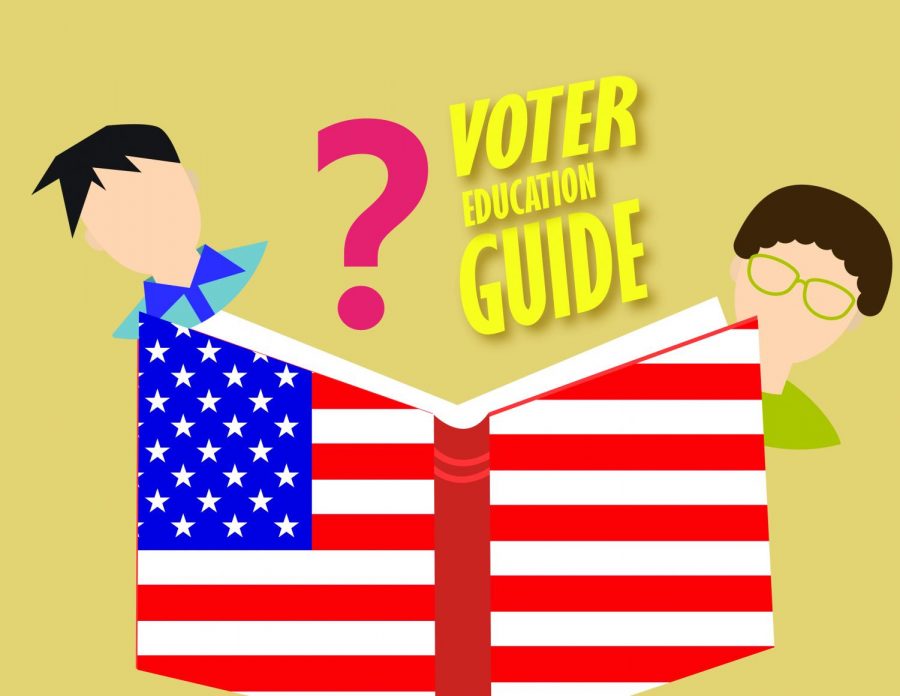OPINION: Citizens must research before voting
Just a quick online search can make you a better voter
January 24, 2020
Throughout our lives the consistent presence of politics gives young Americans the basic understanding of what an election means for the country: a new president. But what it often fails to do is explain to new voters what information they want to have before making a major decision in a presidential election. We even participate in small scale mock democracies within our own communities, but in these models getting educated about the candidates is a lot less complicated.
The future student body president is a classmate, and the team captain is a friend. Additionally, there was a mandatory assembly to hear what the candidates had to say, so there was never a need to look for more information about what we were voting on. Now, I hear a lot of references to our own personal biases and social media ‘filter bubbles’ in my classes and I participate in discussions about the ways we are influenced by our surroundings.
The influence of mass media is a double-edged sword in the hands of voters young and old. With many false stories shared rapidly across the internet it is easy to get lost and overwhelmed by the information coming at you. In this digital age it is more important than ever to know how to tell the difference between clickbait and information, or at least be aware of the possible biases contained within the information you are receiving.
Participating in your first national election might feel a little overwhelming with the never-ending list of candidates and lack of specific information about them.
“To be a competitive candidate you need to engage with the media, and over the last 20 years politicians have begun to increase the integration of social media into campaigns,” Michael Ritter, political science instructor, said.
While the added media presence of politics increases the spread of content, it also raises concerns.
For example, knowing that political posts on Twitter are not sponsored, but may not be factual because anyone can post anything. Facebook political posts are often paid propaganda that is selected for you based on your algorithmic tags. In order to combat these potential biases, it is essential to seek information from multiple sources and perspectives. It is far easier to be informed if you challenge your own beliefs and seek to become more educated, as opposed to resting on past knowledge and hoping for the best.
It is not uncommon to hear campaign promises like universal healthcare and $1,000 stipends and become excited for the candidate’s potential, but these promises are made to grab attention, not necessarily to happen.
“Can you actually give me what you say you’re gonna give me, or are you just gonna give me the run around like every other boy who’s broken my heart?” Grace Zangerle, junior political science major, said.
Zangerle said to seek out more information regarding what’s being promised and attempt to find exactly how the candidates plan to get them done. Don’t be shy about doubting their plans. Candidates always seem to overpromise during their campaigns and fall flat once they are in office.
Below are some resources for becoming more educated on the coming election and your own ability to participate in it:
The National Conference for State Legislature:
Provides information regarding how each specific state legislation operates, which is particularly helpful if you are an out of state student unsure of how to vote in your home state.
Provides insight regarding what political terms mean and allows you to search candidates by name and look into their campaigns through a neutral lens.
Breaks down what specifically is going to be on your ballot and explains how to read the context in order to gain a better understanding of the task at hand. Also provides unbiased information regarding the candidates and their campaigns.
Offers unbiased and detailed reviews of politician’s history in the public eye, with dates and quotes to back up facts.











